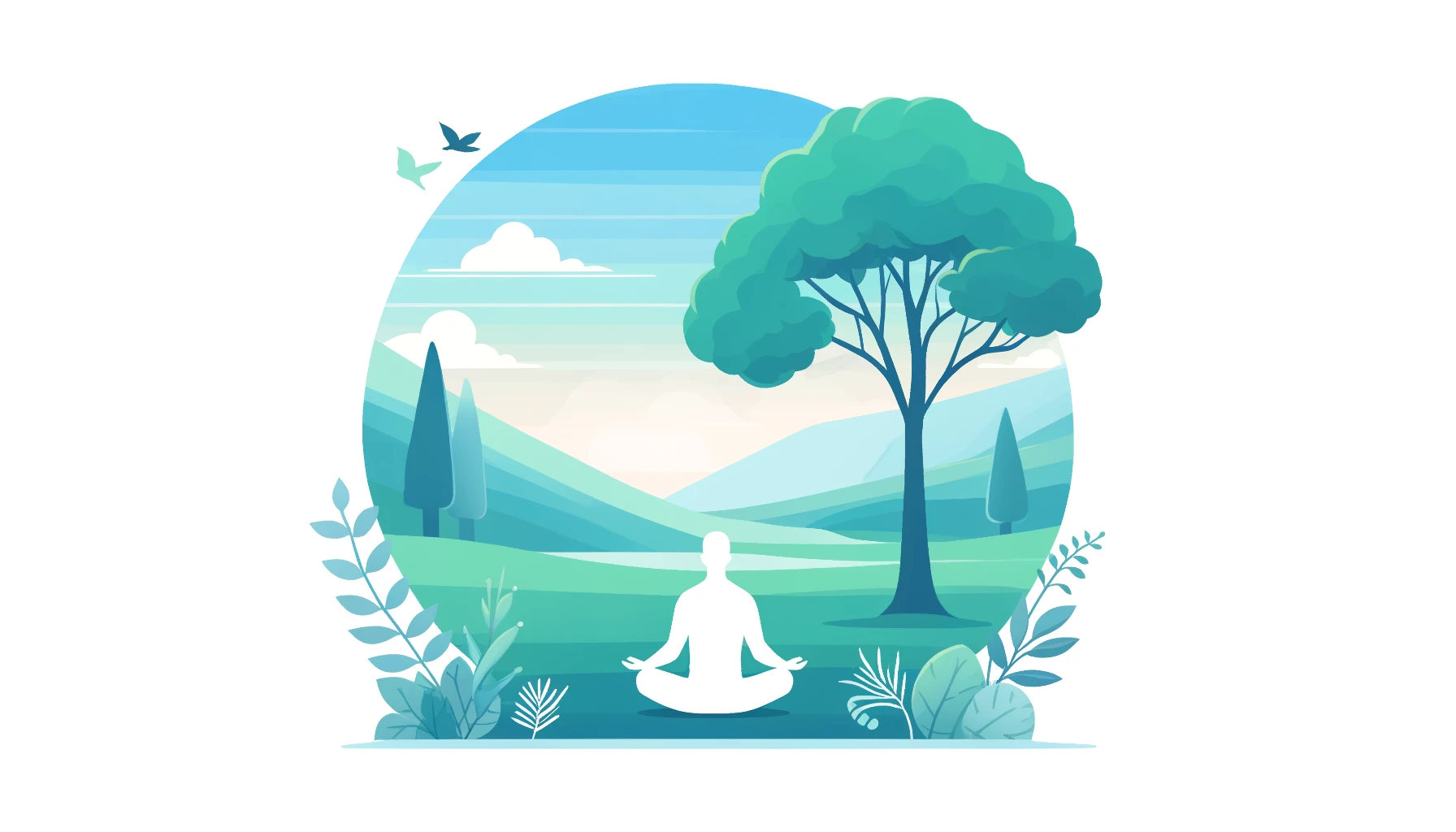In today’s fast-paced society, anxiety has become a prevalent issue, affecting millions globally. As we navigate through the complexities of modern life, finding effective mental health strategies to cope with anxiety is more crucial than ever. This comprehensive guide explores various anxiety management techniques, tailored to help you regain control and achieve mental tranquility in 2024.
Understanding Anxiety
Before delving into coping mechanisms, it’s essential to understand what anxiety is. Anxiety is a natural human response to stress, characterized by feelings of fear, apprehension, and heightened nervousness. It manifests in various forms, such as generalized anxiety disorder, social anxiety, and panic attacks, each requiring different management strategies.
Mental Health Strategies for Coping with Anxiety
1. Mindfulness and Meditation
Practicing mindfulness and meditation can significantly reduce symptoms of anxiety. These techniques focus on being present in the moment and becoming more aware of your thoughts and feelings without judgment. Regular meditation enhances your ability to manage stress and fosters a state of calmness.
2. Physical Activity
Engaging in regular physical activity is a potent anxiety reliever. Whether it’s yoga, walking, or more intense exercises like running or cycling, physical activity releases endorphins, chemicals in your brain that act as natural painkillers and mood elevators.
3. Healthy Diet
What you eat directly affects how you feel. Incorporate anxiety-reducing foods into your diet, such as omega-3 fatty acids, probiotics, and green tea. These can help regulate stress levels and improve overall mental health.
4. Adequate Sleep
Sleep and mental health are closely connected. Anxiety can worsen with poor sleep, so it’s important to establish a soothing bedtime routine and ensure you get 7-9 hours of quality sleep each night.
5. Professional Therapy
Sometimes, professional help is needed to cope with anxiety. Cognitive-behavioral therapy (CBT) is particularly effective, focusing on changing specific negative thought patterns and behaviors.
6. Social Support
Building strong, supportive relationships can help alleviate anxiety. Sharing your experiences with friends, family, or support groups can provide comfort and reduce feelings of isolation.
7. Digital Detox
In an age dominated by digital interactions, taking time away from screens can significantly benefit your mental health. Designate time each day or week where you disconnect from digital devices to reduce stress and improve your mood.
8. Mindful Breathing Techniques
Breathing exercises can help mitigate anxiety attacks and enhance calmness. Techniques like diaphragmatic breathing encourage full oxygen exchange and can help stabilize your heart rate and blood pressure.
9. Setting Realistic Goals
Setting achievable goals can help reduce feelings of anxiety by providing a sense of purpose and direction. Break larger tasks into smaller, manageable steps and celebrate small victories along the way.
10. Journaling
Keeping a journal can be a therapeutic way to express thoughts and emotions. It helps in identifying triggers and offers a greater insight into managing anxiety.
Conclusion
Coping with anxiety in the modern world requires a proactive approach to mental health. By incorporating these strategies into your daily life, you can significantly improve your well-being and navigate life’s challenges with greater ease and confidence.

